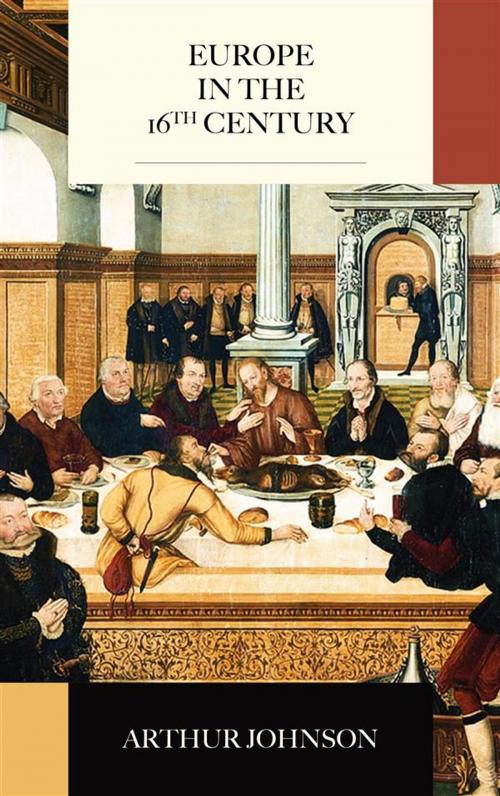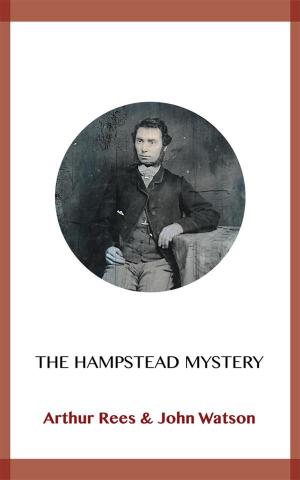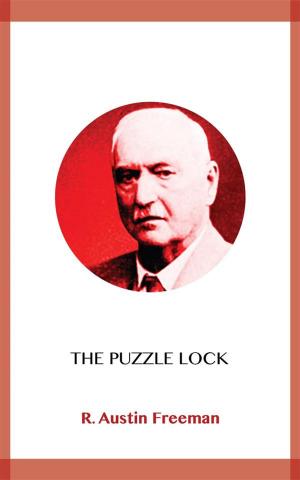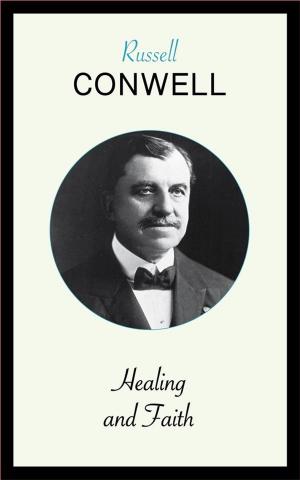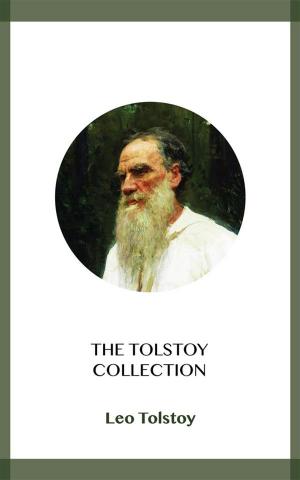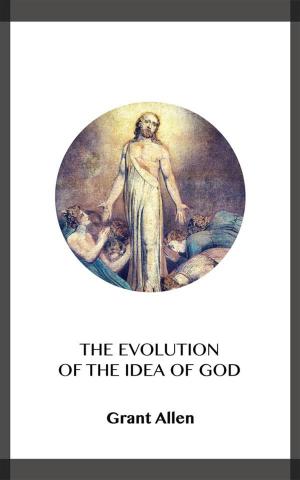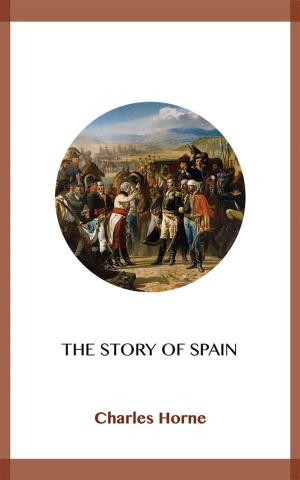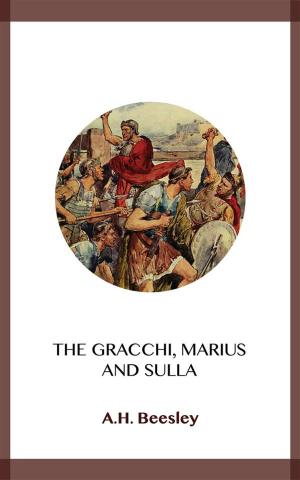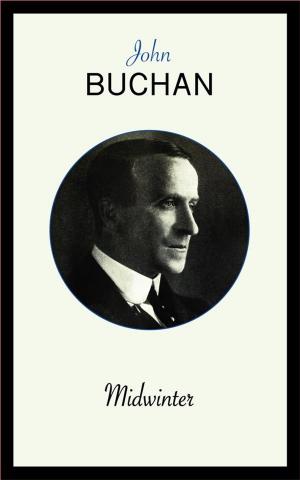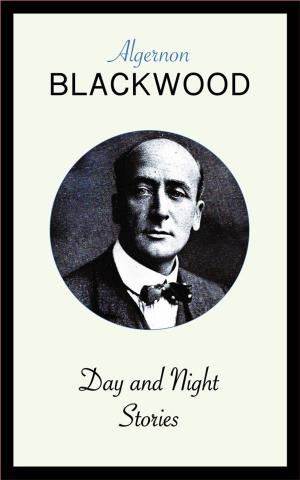Europe in the 16th Century
Nonfiction, Religion & Spirituality, Philosophy, History, Criticism, & Surveys, Renaissance, Home & Garden, Antiques & Collectibles| Author: | Arthur Johnson | ISBN: | 9788832597424 |
| Publisher: | Blackmore Dennett | Publication: | May 2, 2019 |
| Imprint: | Language: | English |
| Author: | Arthur Johnson |
| ISBN: | 9788832597424 |
| Publisher: | Blackmore Dennett |
| Publication: | May 2, 2019 |
| Imprint: | |
| Language: | English |
THE division of history into periods may be very misleading if its true purport be not understood. One age can no more be isolated from the universal course of history than one generation from another. The ideas, the principles, the aims of man change indeed, but change slowly, and in their very change are the outcome of the past. The old generation melts into the new, as the night melts into the day. None the less, just as the night differs from the day, although it is impossible to say when the dawn begins, and when the day, so does the Modern differ from that which has been termed the Middle age. This once granted, the importance of the later years of the fifteenth century may be easily grasped. The mediæval conception of the great World-Church under Pope and Emperor had by this time lost all practical power. The authority of the Emperor was confined to Germany, and was even there disputed, and, if the Papacy still retained its pretensions, they no longer had their old weight. Not only had they been resisted by the various powers of Europe in turn, they had even been severely criticised by two General Councils. Already the man was born who was to take the lead in the final overthrow of the unity of the Western Church.
Meanwhile, the older society was breaking up: the links which in binding a man to his lord, his fields, his trade, or his town, bound him to his fellows, and his livelihood to him, were falling to pieces, and the ‘individual’ of modern life was emerging. To this change many things contributed. The movement of the Renaissance emancipated men from the somewhat narrow limits of mediævalism; it opened to them the knowledge of the ancients, and gave them a glimpse of the worlds of thought beyond, of which the New World about to be discovered to the west seemed but a type. The economic revolution had a like effect. The break-up of the older organisation of trades under the system of close guilds, was accompanied by the rise of modern competition. In life, as in thought, the individual was asserting himself...
THE division of history into periods may be very misleading if its true purport be not understood. One age can no more be isolated from the universal course of history than one generation from another. The ideas, the principles, the aims of man change indeed, but change slowly, and in their very change are the outcome of the past. The old generation melts into the new, as the night melts into the day. None the less, just as the night differs from the day, although it is impossible to say when the dawn begins, and when the day, so does the Modern differ from that which has been termed the Middle age. This once granted, the importance of the later years of the fifteenth century may be easily grasped. The mediæval conception of the great World-Church under Pope and Emperor had by this time lost all practical power. The authority of the Emperor was confined to Germany, and was even there disputed, and, if the Papacy still retained its pretensions, they no longer had their old weight. Not only had they been resisted by the various powers of Europe in turn, they had even been severely criticised by two General Councils. Already the man was born who was to take the lead in the final overthrow of the unity of the Western Church.
Meanwhile, the older society was breaking up: the links which in binding a man to his lord, his fields, his trade, or his town, bound him to his fellows, and his livelihood to him, were falling to pieces, and the ‘individual’ of modern life was emerging. To this change many things contributed. The movement of the Renaissance emancipated men from the somewhat narrow limits of mediævalism; it opened to them the knowledge of the ancients, and gave them a glimpse of the worlds of thought beyond, of which the New World about to be discovered to the west seemed but a type. The economic revolution had a like effect. The break-up of the older organisation of trades under the system of close guilds, was accompanied by the rise of modern competition. In life, as in thought, the individual was asserting himself...
